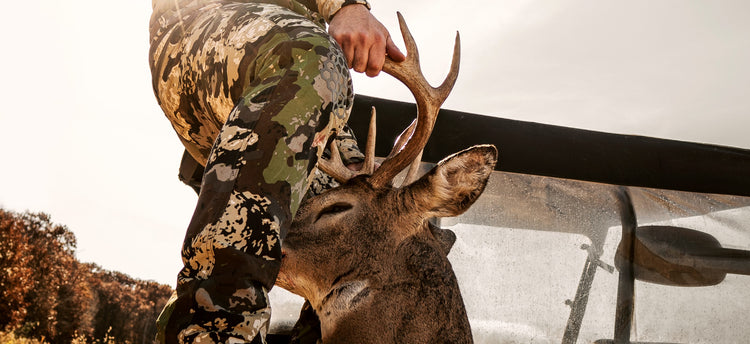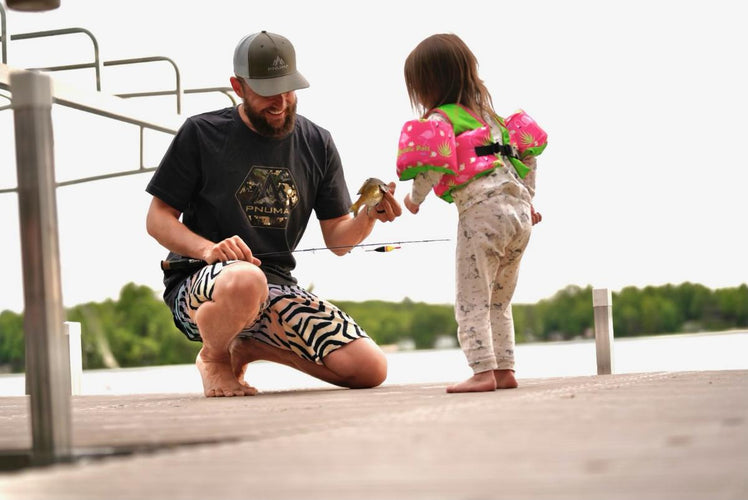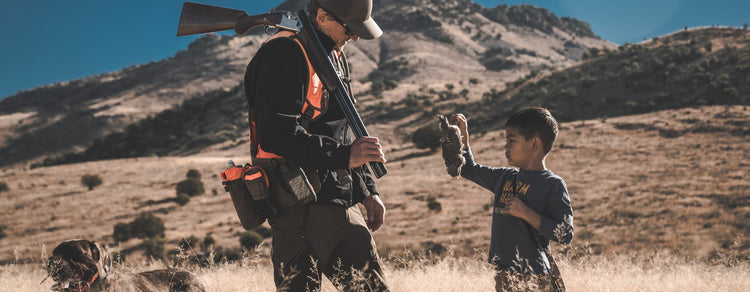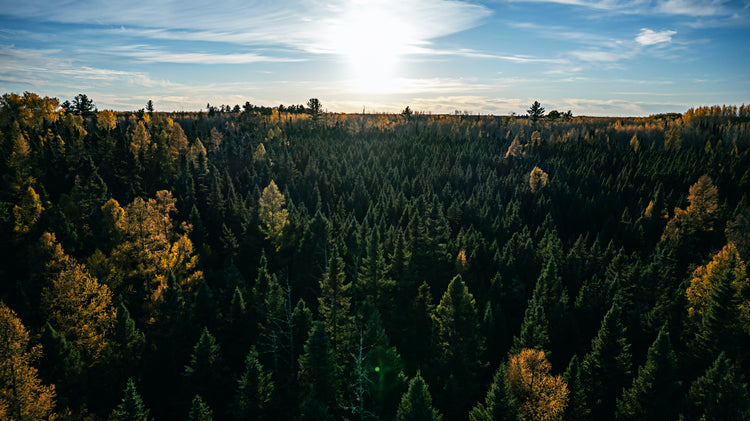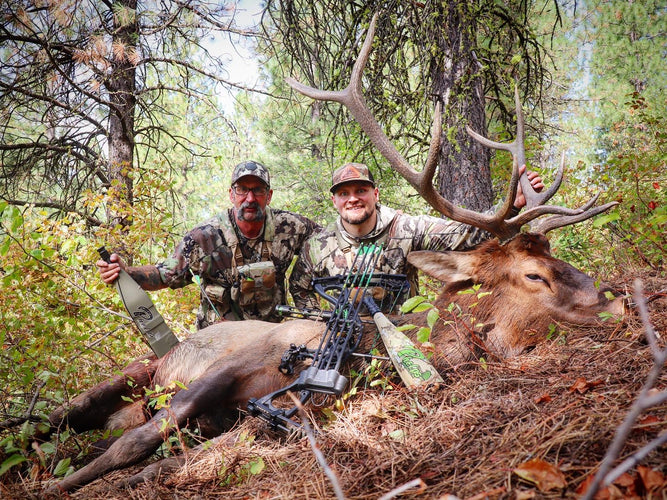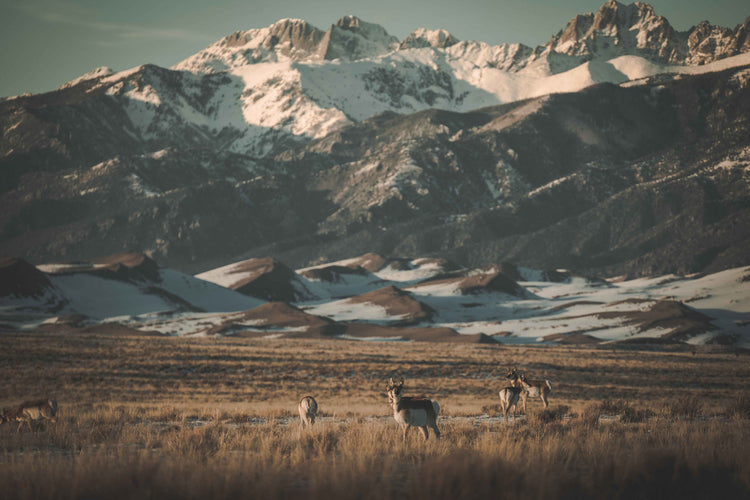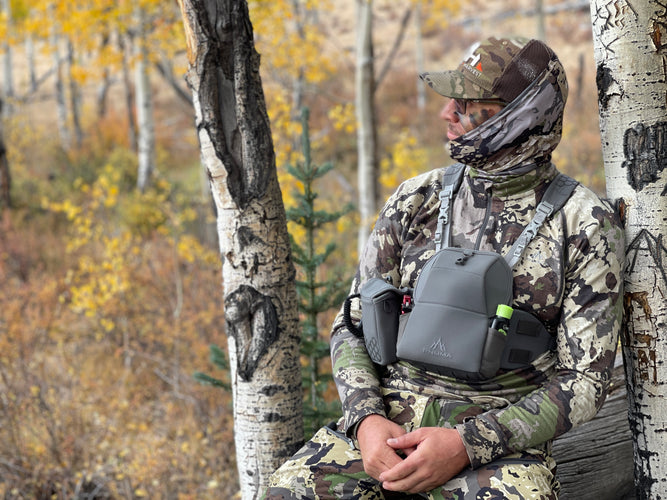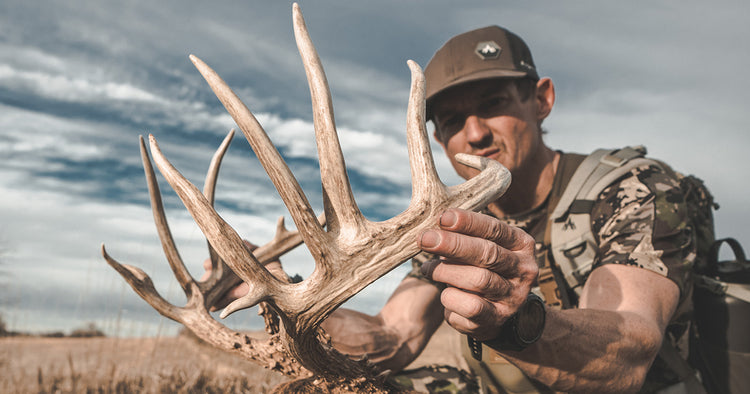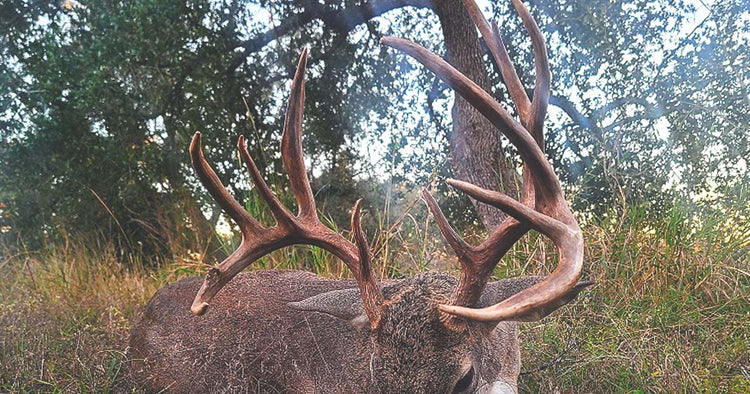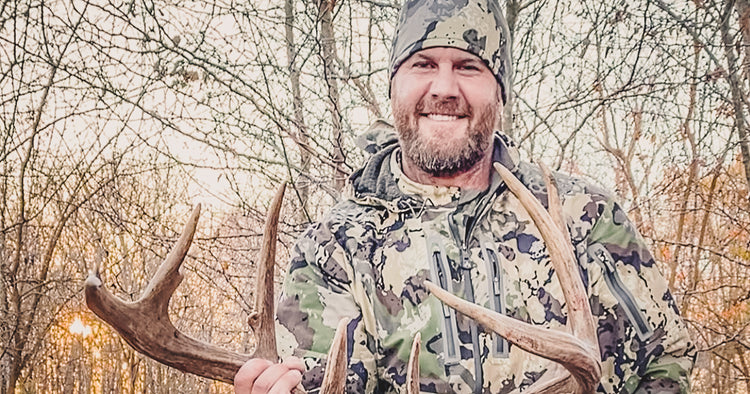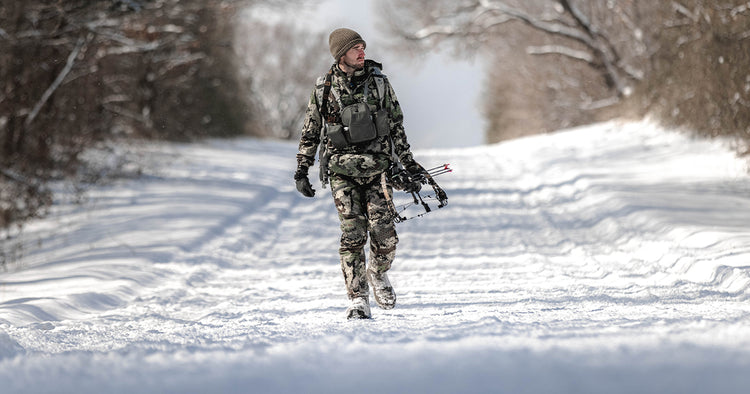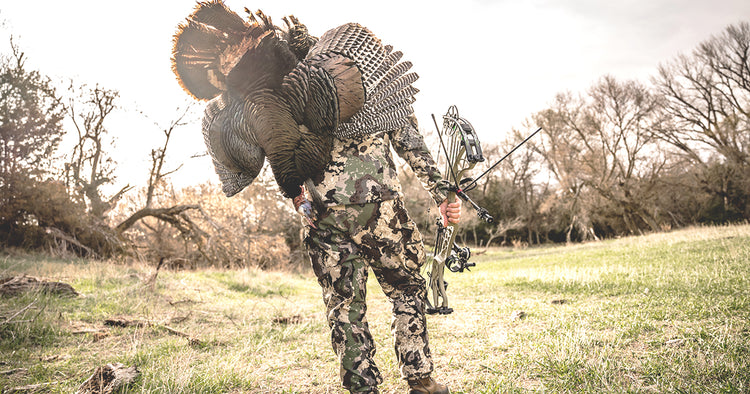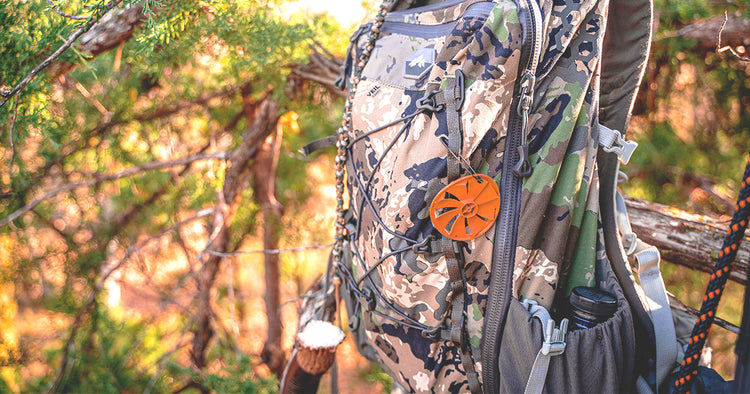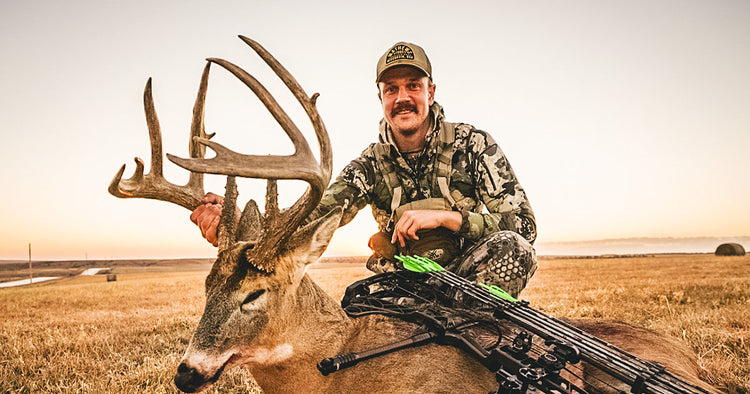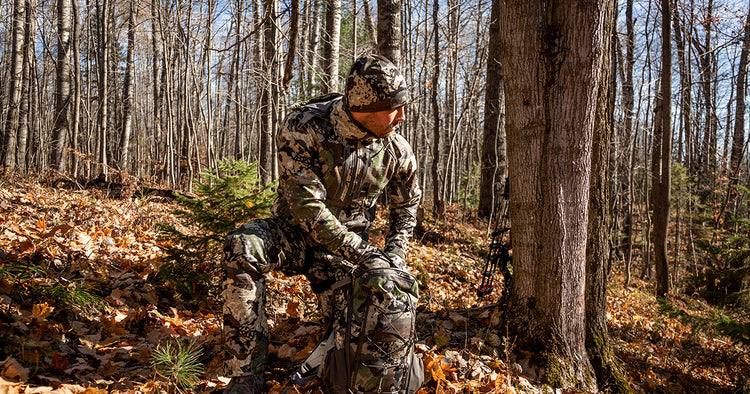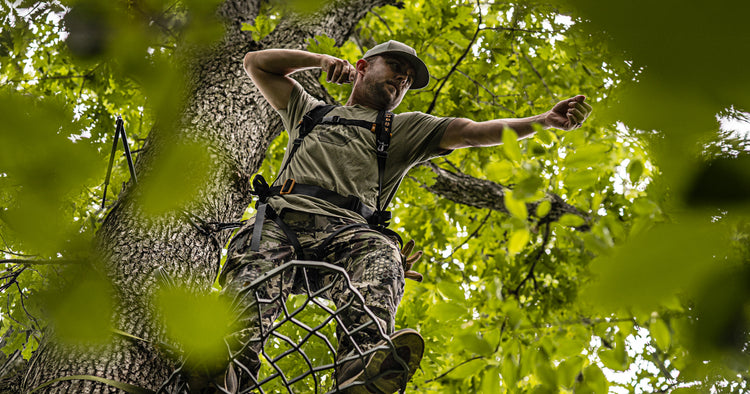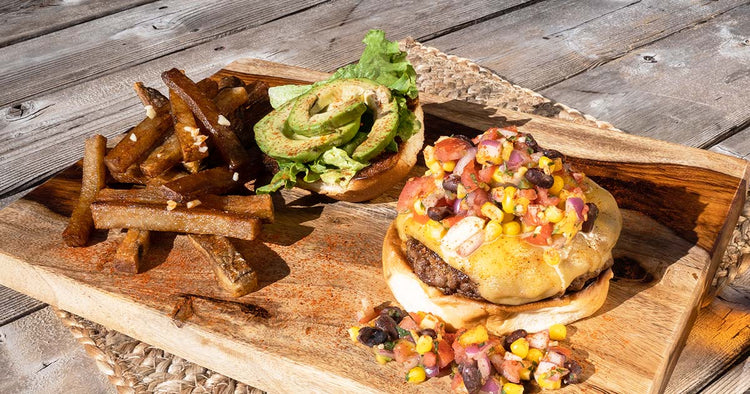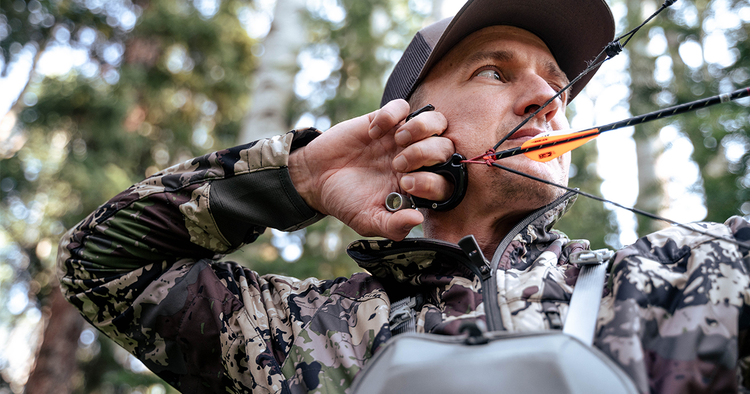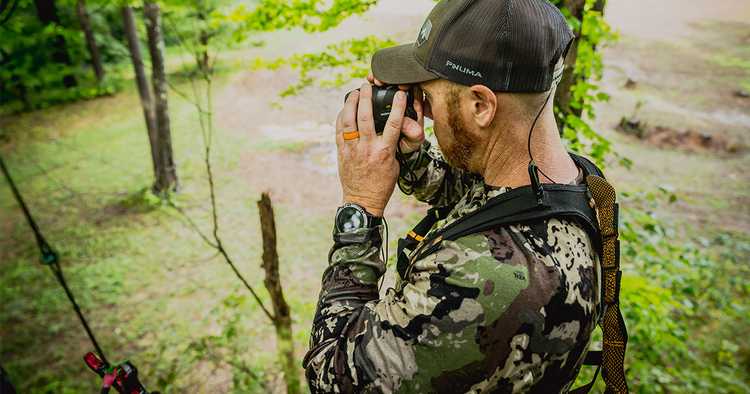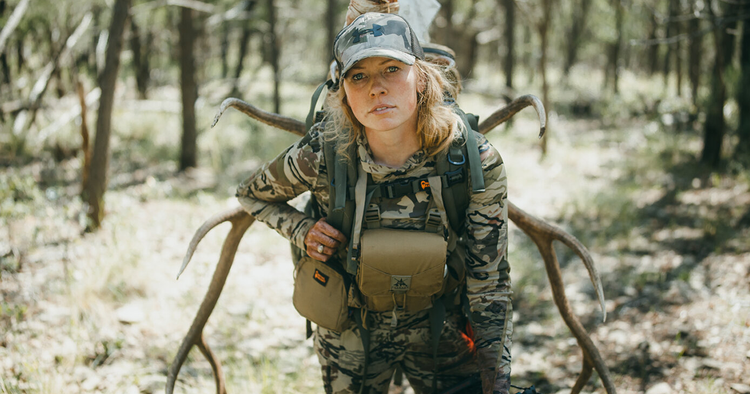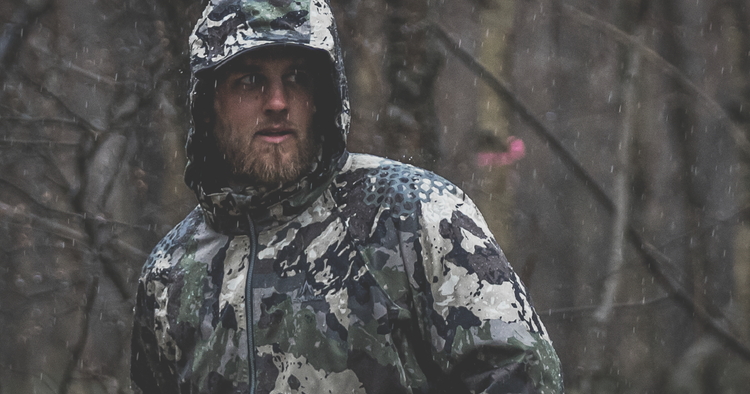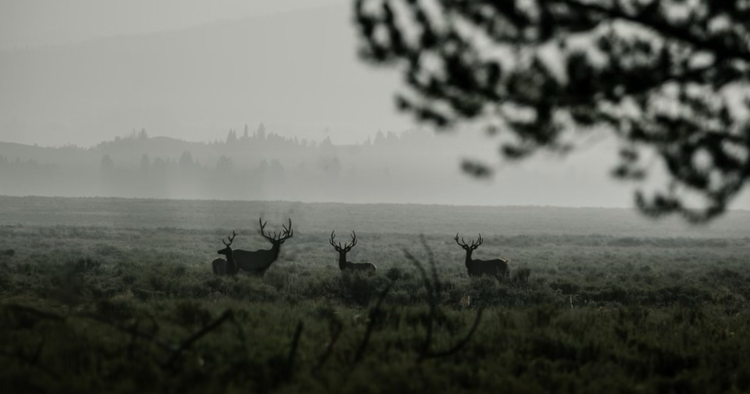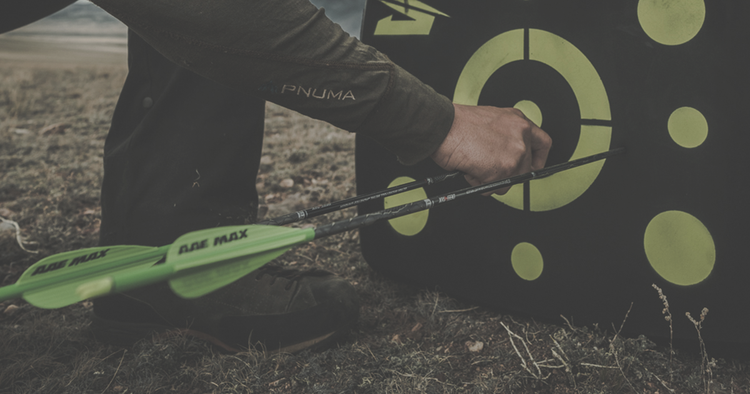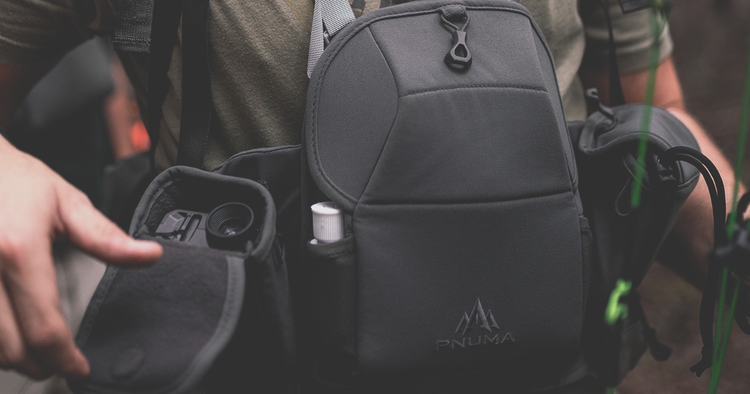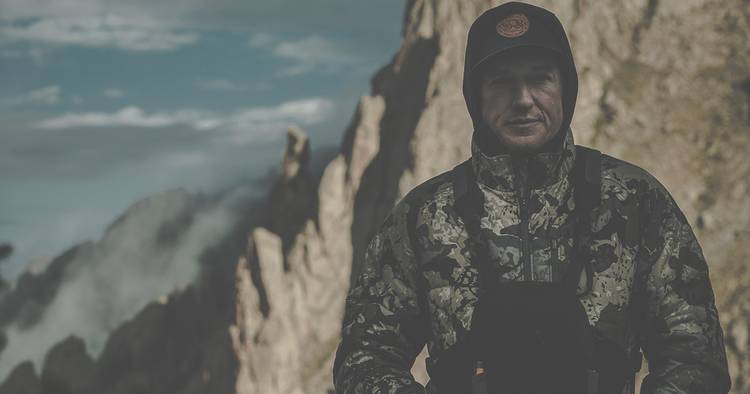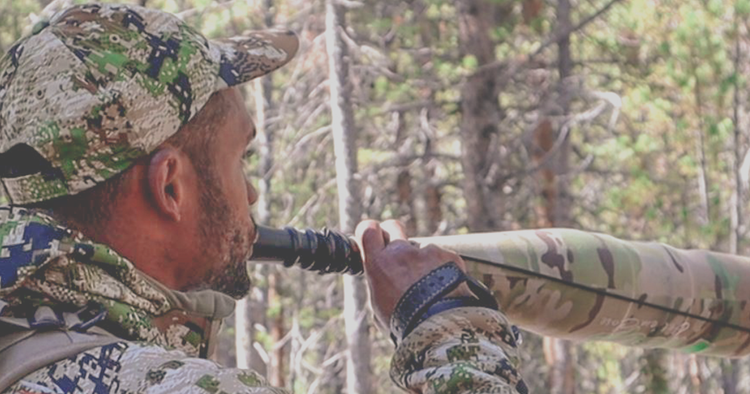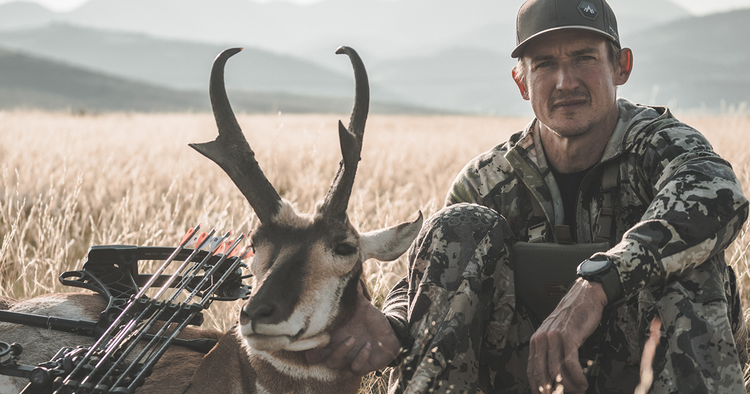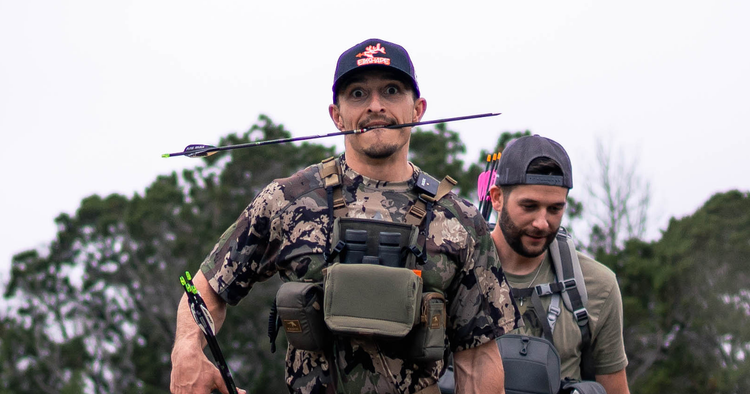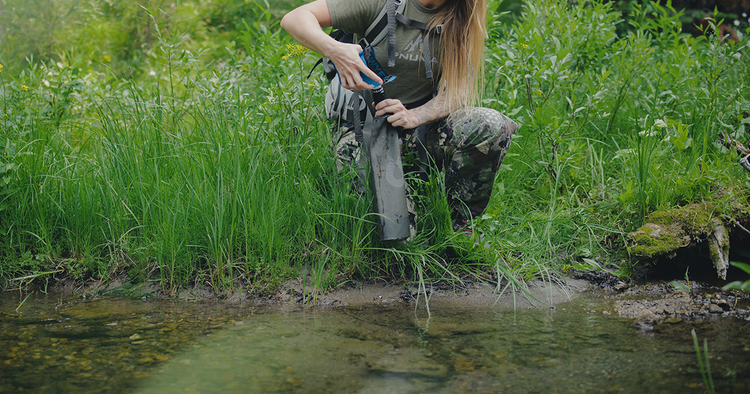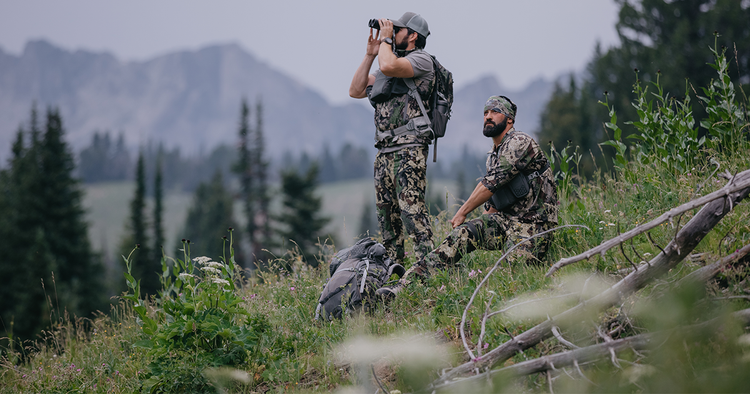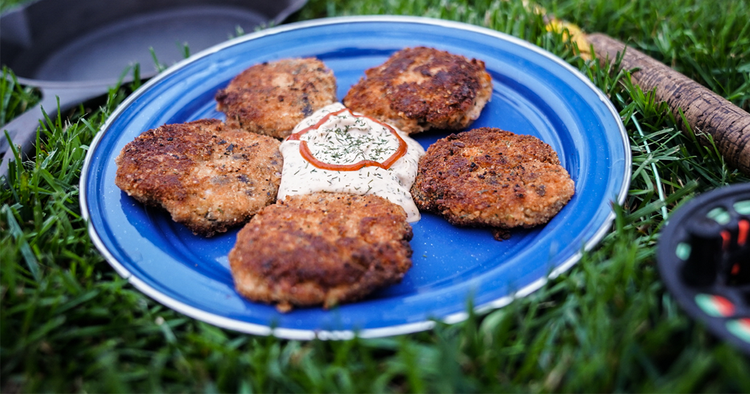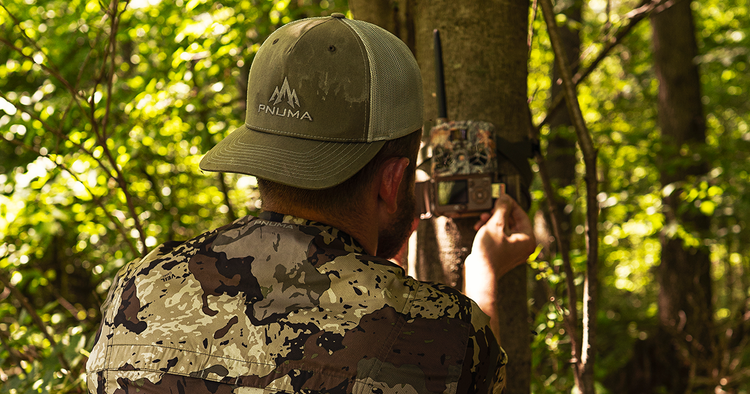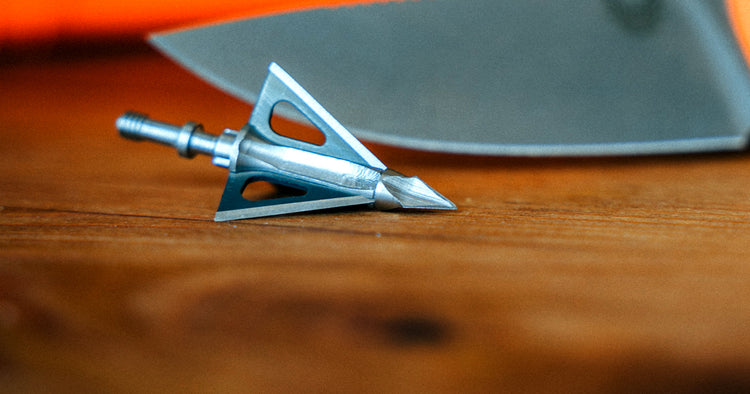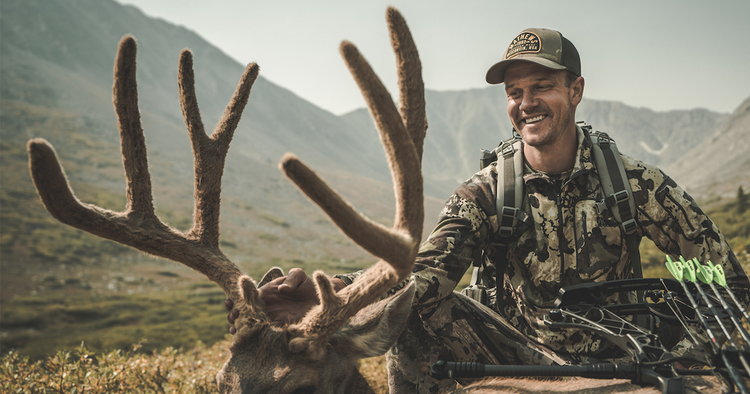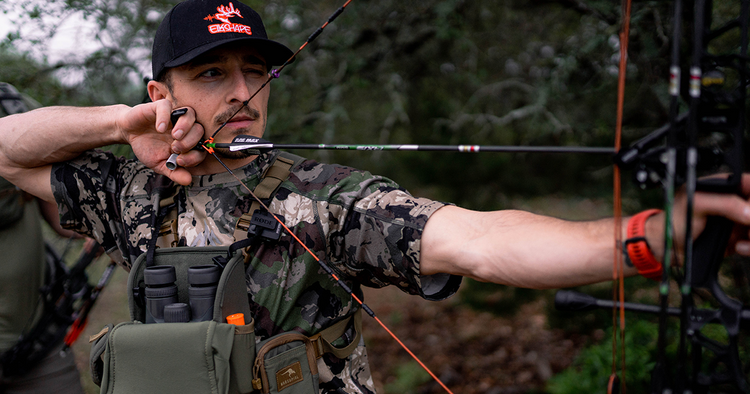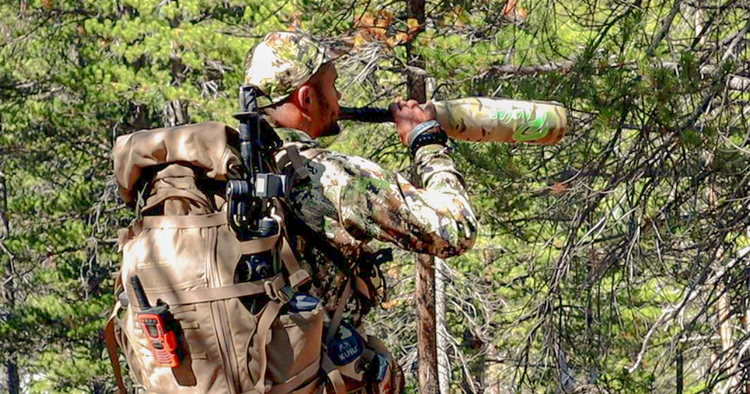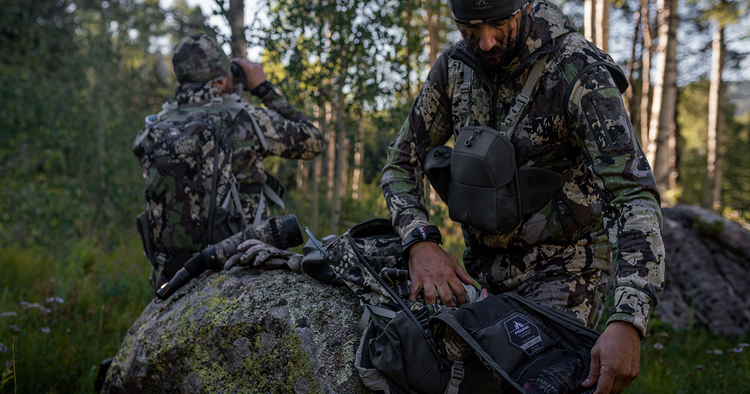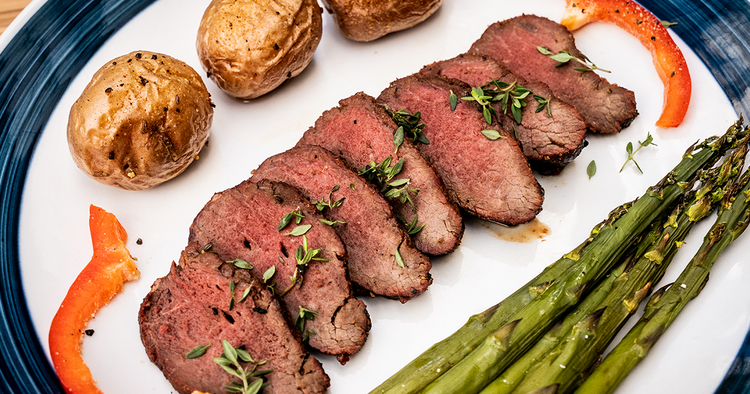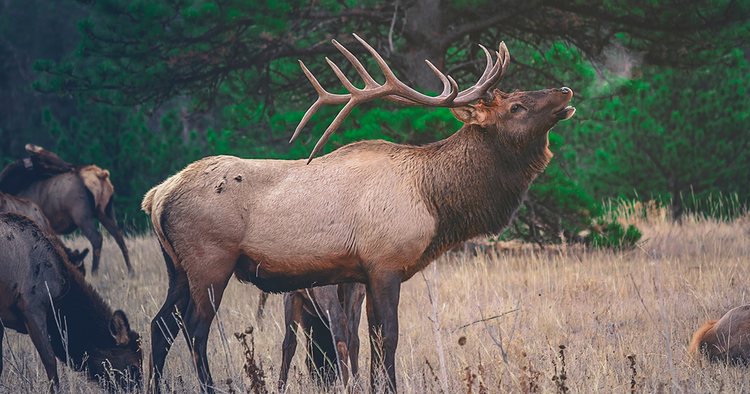How To
How To Become an Outdoor Photographer
This is a topic that I have been asked multiple times in the past few years. Questions like, how to get started? What camera should I buy? Does it pay well? Etc...
Honestly, I kind of feel out of place, and even underqualified to give someone advice on this subject. Not because I don’t think my work is good enough, or that I am incapable of giving quality advice, but rather I don’t feel I have “been in the game“ long enough compared to other photographers out there. I still think I am in the beginning of my photography journey, but I started to give this topic more thought because how often I get these questions.
I hope by reading this, you too can find what I was looking for when I first picked up a camera. Motivation and inspiration are needed in this industry, and I hope I can give you that as well as a few pointers to lead you on the right path towards a life of adventure and creation through your lens.
LOVE FOR THE OUTDOORS
This is a self-explanatory subject, but a true love for the outdoors is needed to become successful in outdoor photography. I’ll even go a step further and say an obsession with the outdoors is needed. If you don’t have that deep obsession with the outdoors, I suggest you rethink getting into this style photography all together. My reasoning for this is because the amount of time, and dedication it takes to capture moments of wild animals, or a client that is depending on you for that perfect shot, or even your hunting buddy in 11,000 feet of steep elevation, perched on a snow covered mountain peak while glassing for elk. The amount of work this takes to become successful is paramount. You will need that obsession to keep going after 10 days in the back country of Colorado, your body fatigued, and your mind tired. At the end of the day, this is hard work, but we do it because we love it.
Other elements play a big role as well, and if you don’t truly love it, then it will feel more of a burden or a job than a passion. Sleeping in? You can forget about that. You’ll be up before the sun, chasing animals, or finding the perfect mountain top portrait when the sunlight is just right. You’ll be hiking in steep terrain, not to mention all the gear you have on your back. If you’re anything like me, you’ll bring way too much gear, knowing you wont use half of it, but there’s “always that chance I’ll need it”… What I’m trying to say is, there’s nothing easy about it. You’re in tough environments, inclement weather, long days on the feet, and sometimes, you just never find the photo opportunity you’re looking for. Again, a true love and obsession is needed to do this.

GEAR
Having the right gear that you can depend on is crucial, but it seems like people today think they need the most expensive cameras or lenses to capture amazing photos. Yes, high end cameras can produce high end content, but if you don’t know what you’re doing with that camera, you’ll be disappointed when you look at your photos you take.
What I like to tell people is invest in the best gear your wallet can comfortably afford. If you’re just starting out in photography, there’s no point in spending upwards of $5,000 on a camera, when you don’t yet know the difference between your aperture and shutter speed. An example I like to use is that I can take a new photographer and give them a top of the line DSLR or mirrorless camera and tell them to shoot a specific subject. At the same time, I can give a $400 camera to an experienced photographer and tell them to shoot the same subject. I would bet money that the $400 camera with the experienced photographer has the better looking image. Experience is more important than the gear you have, and there’s definitely more that goes into photography than gear. You have to be creative, eager to learn, adaptive to shooting conditions, and willing to accept failure at some point.
Now, am I saying that investing in high end, or quality gear is useless? Of course not. In my experience, the higher end you go, the better specs, durability, and overall quality your camera and lenses will be. If you plan on making this into a career, then investing in higher quality gear might be for you, but if you want to recreationally photograph the outdoors, then I recommend starting out with a good entry or mid-level DSLR. Something like a Canon 80D, or Nikon D3500. These are good entry level crop sensor DSLR’s to learn the basics of photography with.

Now that you have your camera picked out, what else do you need? Honestly, this is a rabbit hole question. I could keep going on and on about the gear that I have, but for the sake of just getting started, I’ll name a few that I think are important.
- Lenses – In my opinion a good quality lens is much more important than the camera body you’re shooting with. Just like binoculars, quality in glass will be noticeable. Again, get the best quality lens you can afford. When it comes to focal range, I would suggest a good zoom lens for outdoor style photography. This would be my first purchase for someone wanting to get into shooting in the outdoors. My favorite zoom lens is a 70-200 f2.8. This lens is my workhorse. It provides a wide transition of focal range, while also capturing beautiful images and smooth bokeh backgrounds. For a less expensive lens for someone getting stared, something like a 70-300 f4-5.6 will work just fine while you are learning.
I would also pick up a wide angle lens for capturing those hard to get angles, portraits, or astrophotography.
My third option would be a prime lens. These lenses have a fixed focal range, but produce amazing images, beautiful bokeh, and usually have low aperture which makes them great for low light scenarios. The best thing about these lenses, is most of them are relatively inexpensive compared to your zoom lenses. For a starter prime lens, I would recommend a, 50mm 1.8. You can pick these up for around $100 nowadays, and they produce great photos. They don’t call it the “nifty 50” for nothing!
- Tripod – A good stable tripod can be crucial to capturing the perfect image you’re looking for. From shooting a self portrait in the mountains, to photographing the stars at night, a quality, lightweight tripod can be worth its weight in gold.
- Camera Bag – Remember what I said earlier? If you’re anything like me, you’ll bring way more gear on your trips than needed because there’s “always that chance I’ll need it”. Well, to carry that gear, you need more gear. A quality camera bag, or outdoor bag is a must. This will not only help you carry all of your things, but your back will also thank you after a 10 mile hike in the mountains. I currently run two different bags depending on if I’m on a backcountry hunt, casual day hike on mountain trails, or 20 feet in a tree chasing whitetails. For my backcountry bag I will run a Kifaru 44 Mag. This is a tank of a bag with an external frame. This will take the weight of my gear and disperse that weight onto my hips, taking the stress off my shoulders and back. My second bag is an F-Stop Anja. This is an outdoor style camera bag specifically made for carrying camera gear. Its smaller in size, no frame, and I will use this bag for everything from hunting whitetails, to shooting weddings.
I could keep this gear list going on forever, but at the end of the day, in my opinion, these are the most crucial pieces of gear you will need to get started.

PRACTICE, PRACTICE, PRACTICE!
No one ever became good at anything without spending a considerable amount of time practicing. The same thing applies to photography. You’re only as good as the amount of time and effort you put into learning it. When I first started, I really didn’t have a clue what I was doing, or what I wanted to accomplish as a photographer. Since then, I have spent hundreds of hours on YouTube, reading blogs, and scrolling though famous photographers Instagram pages in search of how I could become better.
The most important factor to becoming a good photographer is just simply shooting photos. Literally…of anything! At your house, your pets, your significant other, etc... This will help you learn the ins and outs of your camera body, help you with the correct setting you should be in, how to line up your subject, and more. An experienced photographer will be able to run their camera with their eyes closed. As the old saying goes, you should know it like the back of your hand, and by it, I mean your camera. This is such an important piece of advice, and one that I was given when I started. The better you know it, the less shots you will miss, and the better images you will create.

Something else that took me a long time to realize is that I wasn’t going to become good overnight. It’s just not possible. I have failed so many times, I’ve been turned down by companies, and I’ve been disappointed in my own work. This is normal! Photography is an ever evolving passion that takes time. Keep your head up, stay motivated, and you will get better. Eventually, you will look back on your own work from the past and think “how did anyone ever like this, it’s terrible”. This is when you know that you are steadily improving.
LOOK FOR INSPIRATION
For me, I get inspired by looking at other photographer’s work. This comes from not only outdoor photographers, but lifestyle as well. Peter McKinnon, Brooke Bartleson, Matt Hansen, and Steven Drake truly inspire me to better my own photography, just to name a few. Each of these photographers portray a vastly different approach to capturing beautiful images. They each have their own style and identity when it comes to how their images look. From sharp images with a creamy bokeh, to wide angle landscape, to a darkened moody look. All simply look amazing. Look to others for inspiration, but also come up with a look of your own. It will take time, and even changes over time, but that is the evolution of your own photography journey.
NETWORKING
Networking is vital to becoming an outdoor photographer, especially if you want to make money off of it. Like most things, it’s all about who you know. You have to meet people, be kind, share your work, and be proud of it. Social media is a huge part of networking. Today’s society is so in tune with social media that it makes it easy to share your work with others. From Instagram, Facebook, and public portfolios, there is no shortage of ways to connect with people who want to see good outdoor photography.
When you start to make those connections, whether it be a company wanting to work with you, a hunting guide wanting you to capture their hunt, or your buddy who wants you to photograph him for “the gram”, the more opportunities will arise. Let them know the importance of good photography, and what you can offer to them. Show them your worth, and don’t settle for less than you know you’re worth. After all, these companies are going to be using the content that you created. The years of hard work it took from first buying your camera to where you are now should not go unnoticed!
Overtime, you will build a base of great connections in the outdoor industry, and photography world. This will steadily grow as much as you let it. The harder you work for it, the better and more connections you will build. Over the past few years, I have met some amazing people in the outdoor industry that I now call my good friends. It’s amazing the connections you can make with like-minded people that have the same desire and passion that you have.

CONCLUSION
Becoming an outdoor photographer can mean many different things. You can simply enjoy shooting animals and adventures for fun, or you can make it a career. The abundance of avenues where photography can take you are endless. My best advice is to start now and give it your all. Keep the desire to learn more about the trade, and the most important thing is to have fun along the way!
About The Author
Ryan is a freelance photographer and passionate hunter based out of Southeastern Oklahoma. He dedicates much of his time chasing big game across the Nation with a bow and camera in hand. Ryan has always been intrigued by photography and the appealing factor that an aesthetic photo portrays. Four years ago, he plunged headfirst into an endless craft he knew nothing about, hoping to one day create photographs that have the same impact on people that it did himself. Being a lifelong hunter with
a newly discovered passion for outdoor photography, you can usually find him chasing whitetails from a tree stand or looking for the perfect lighting to capture the moment through his lens.





